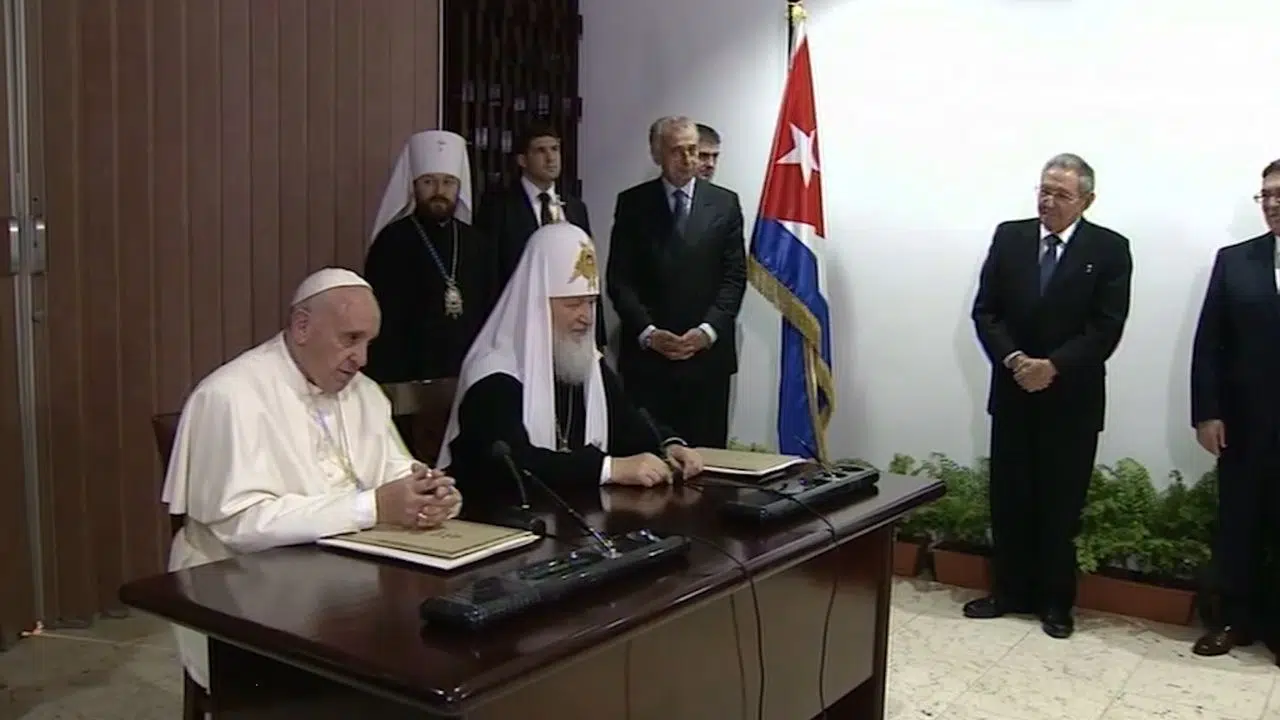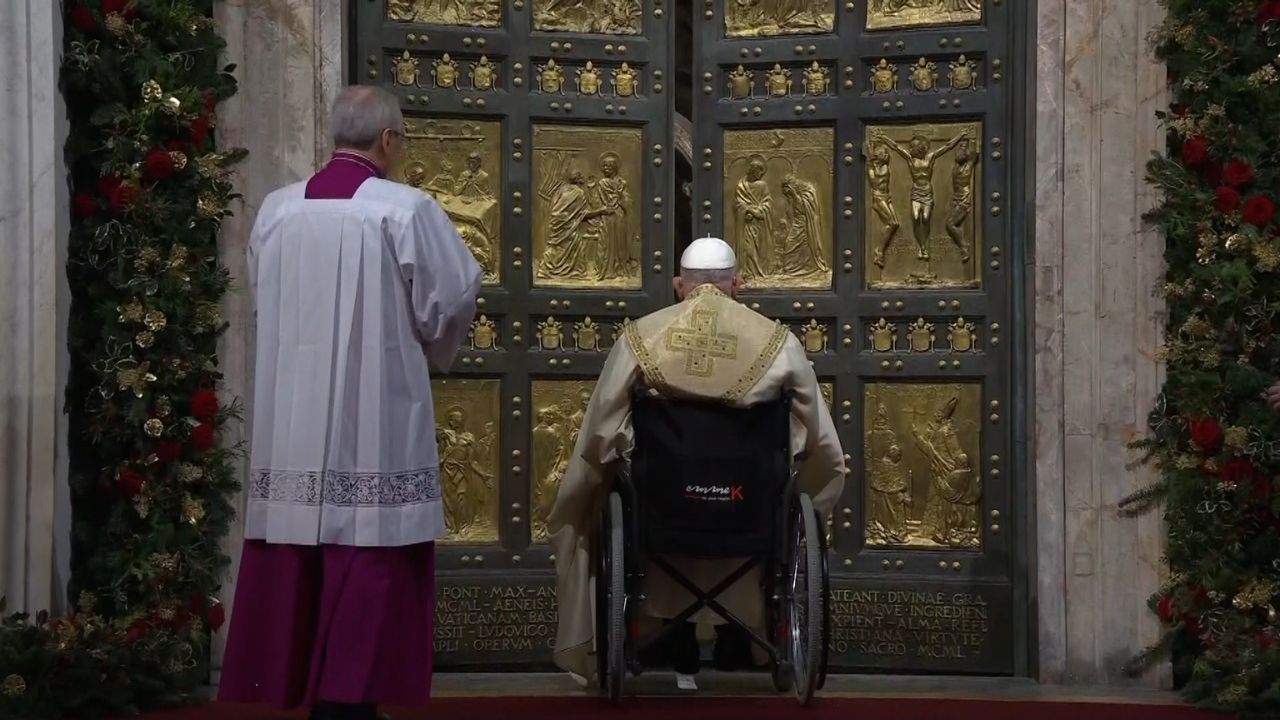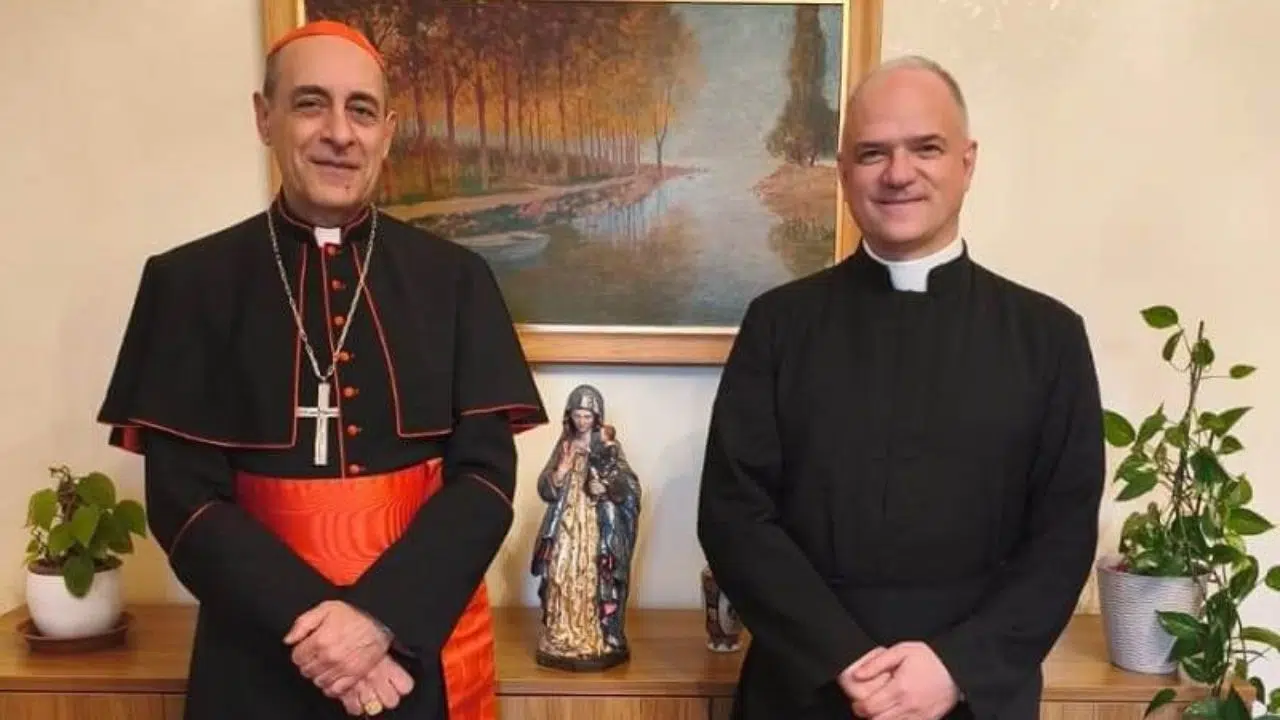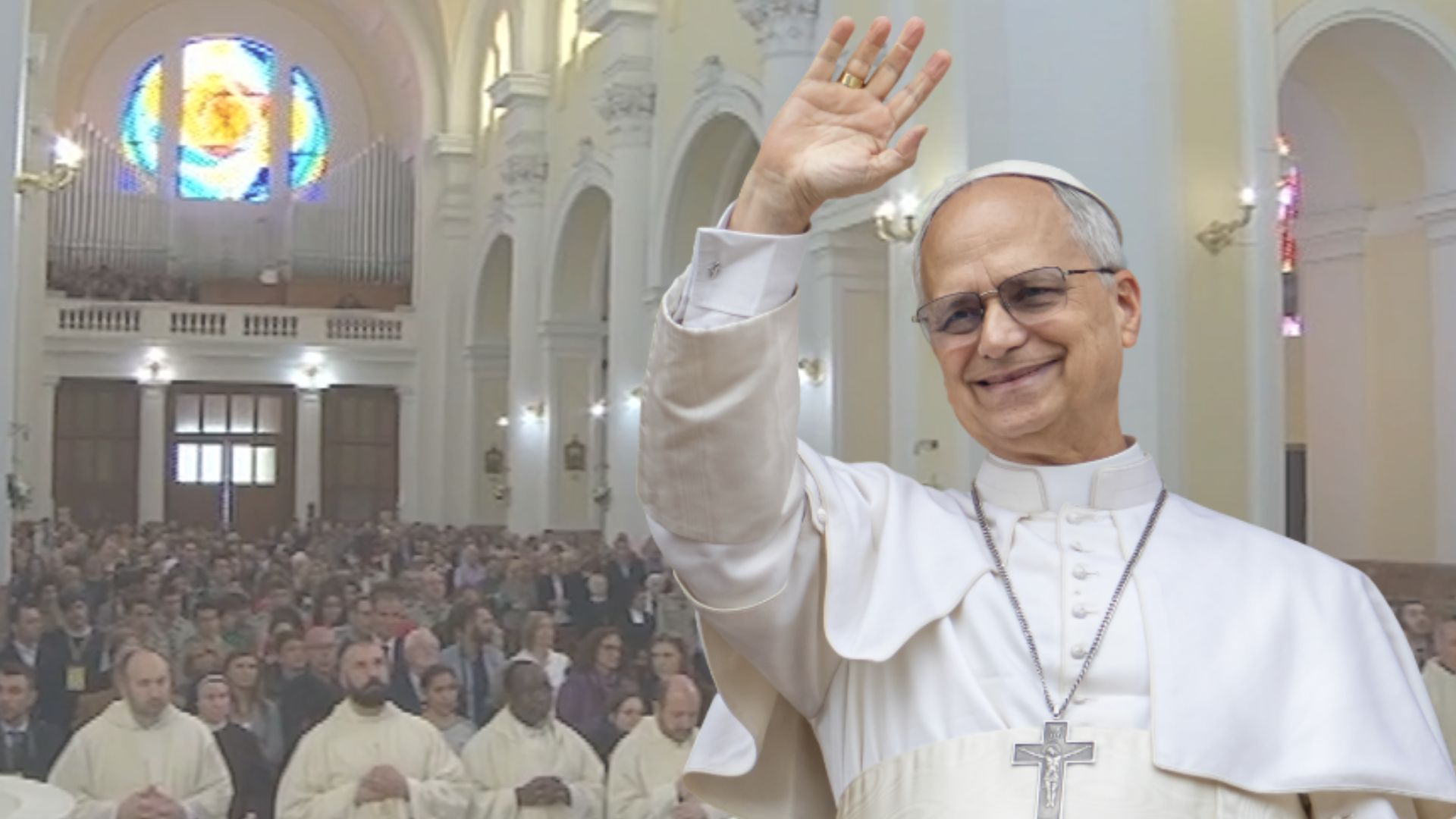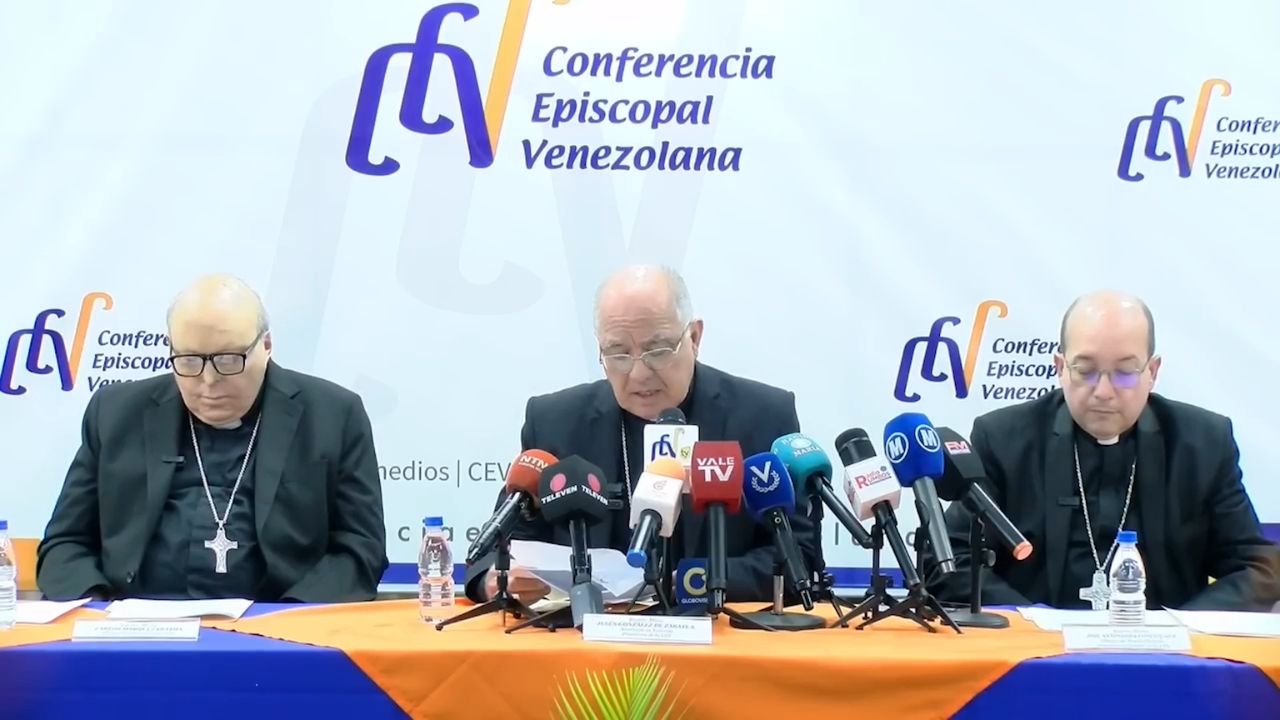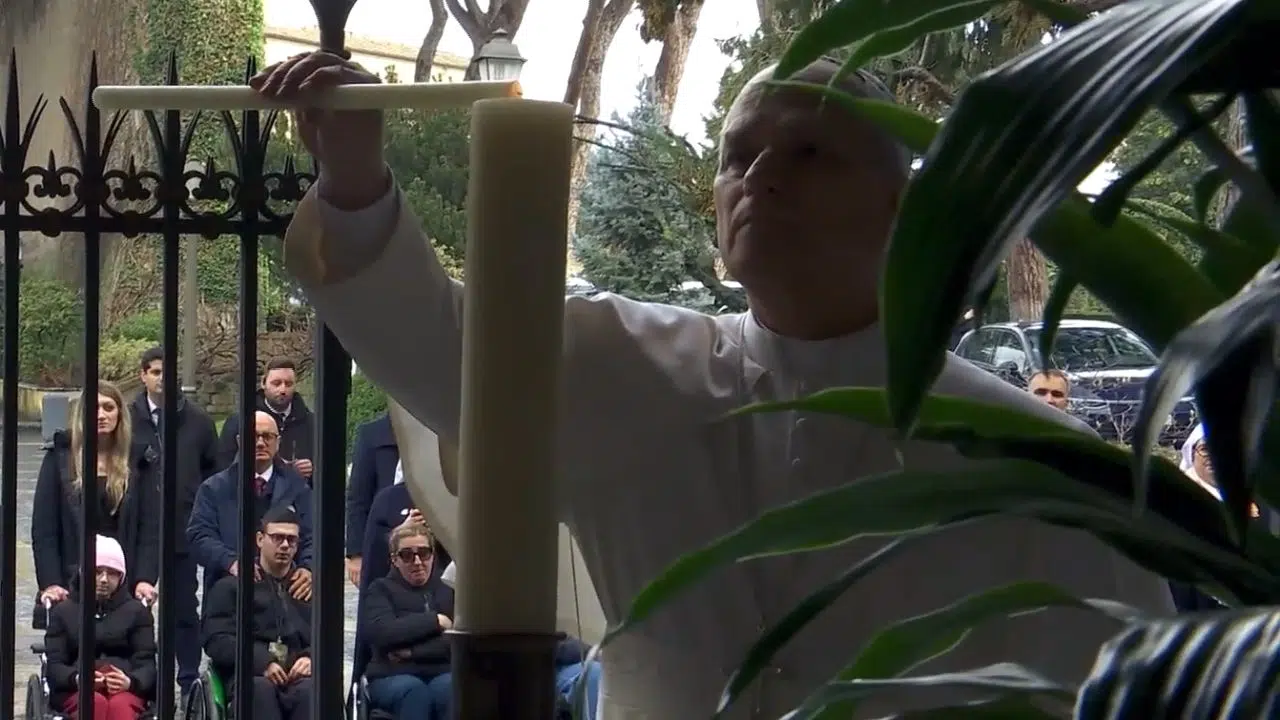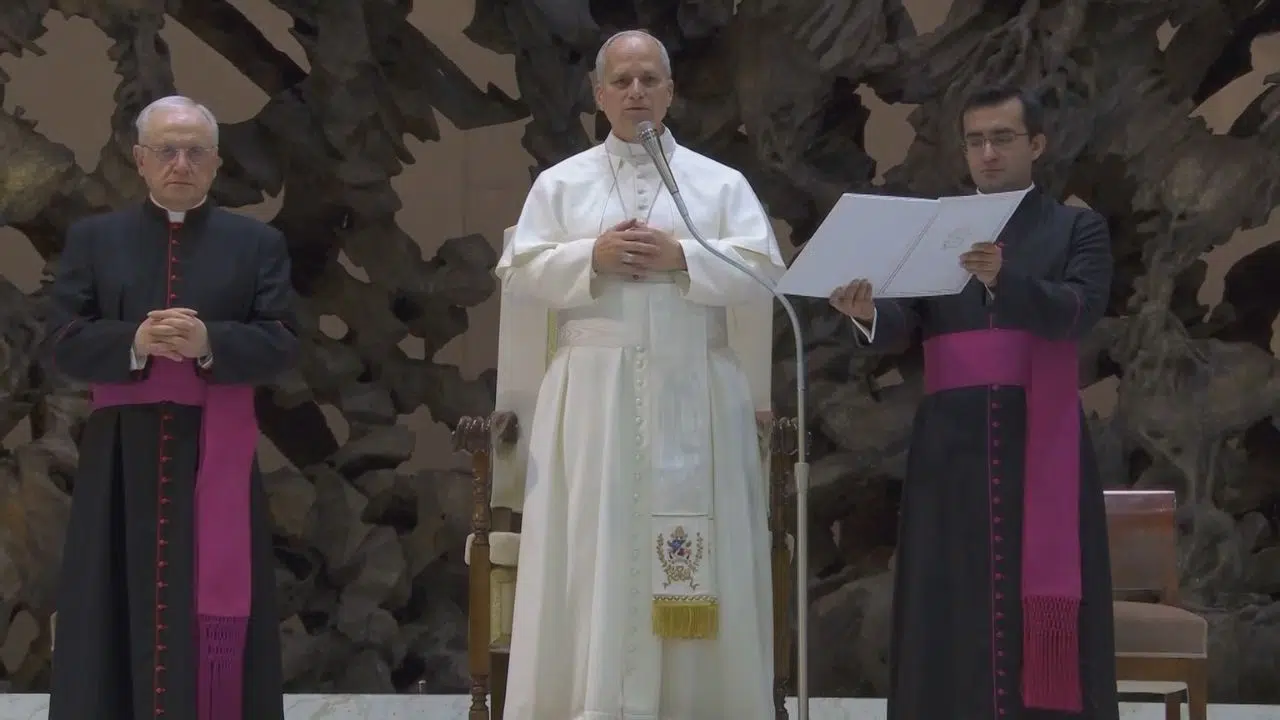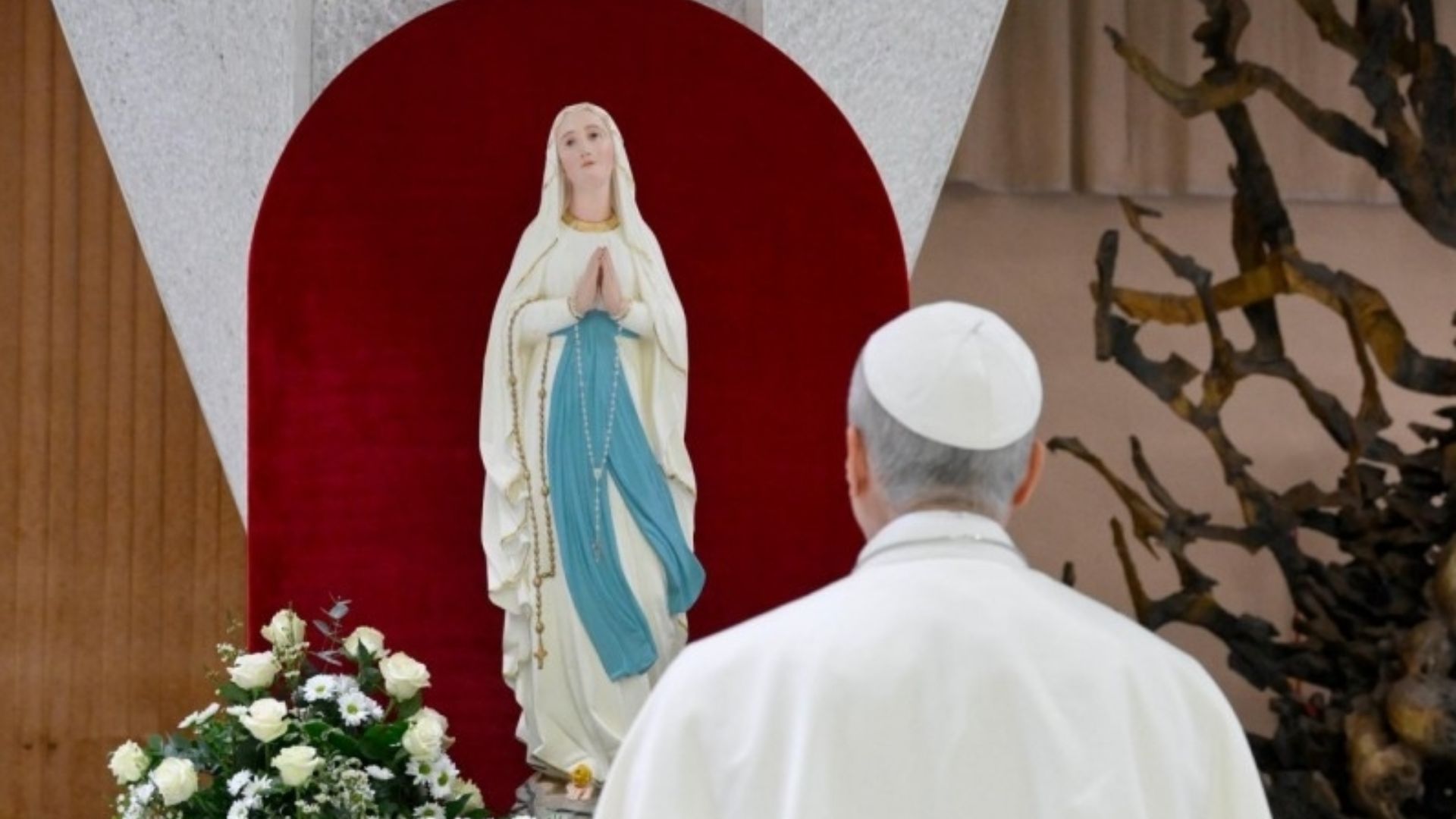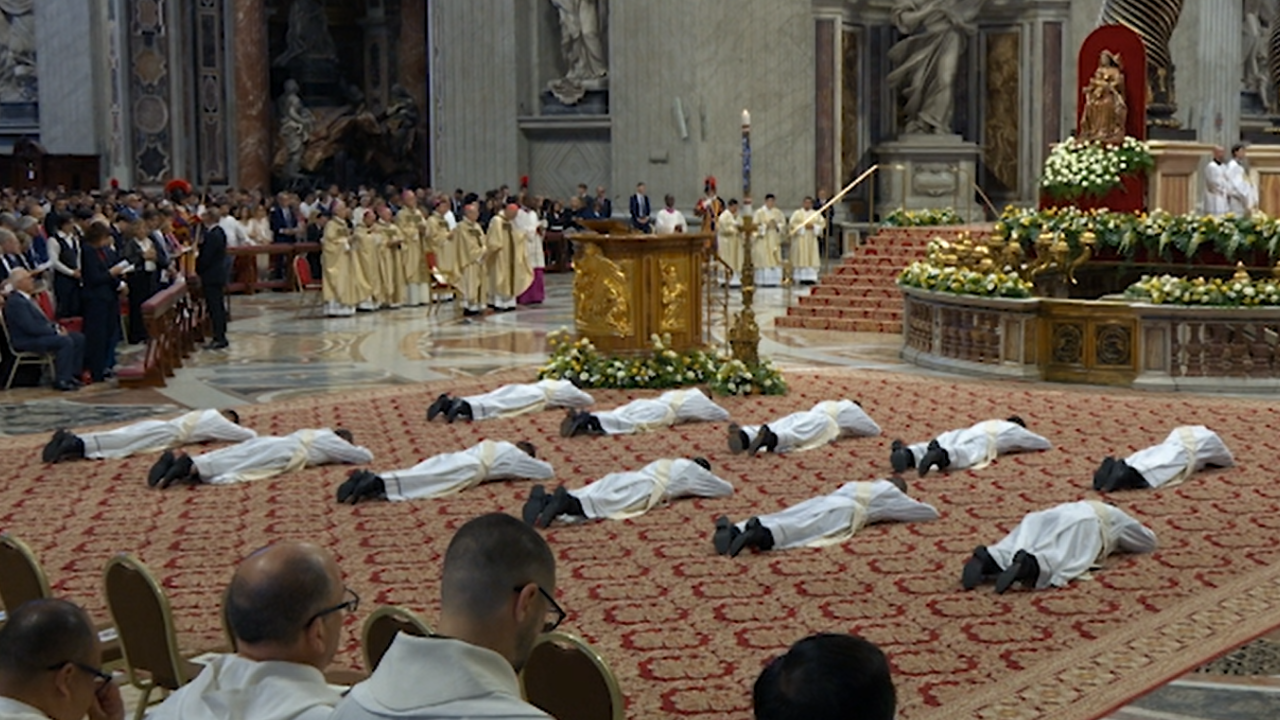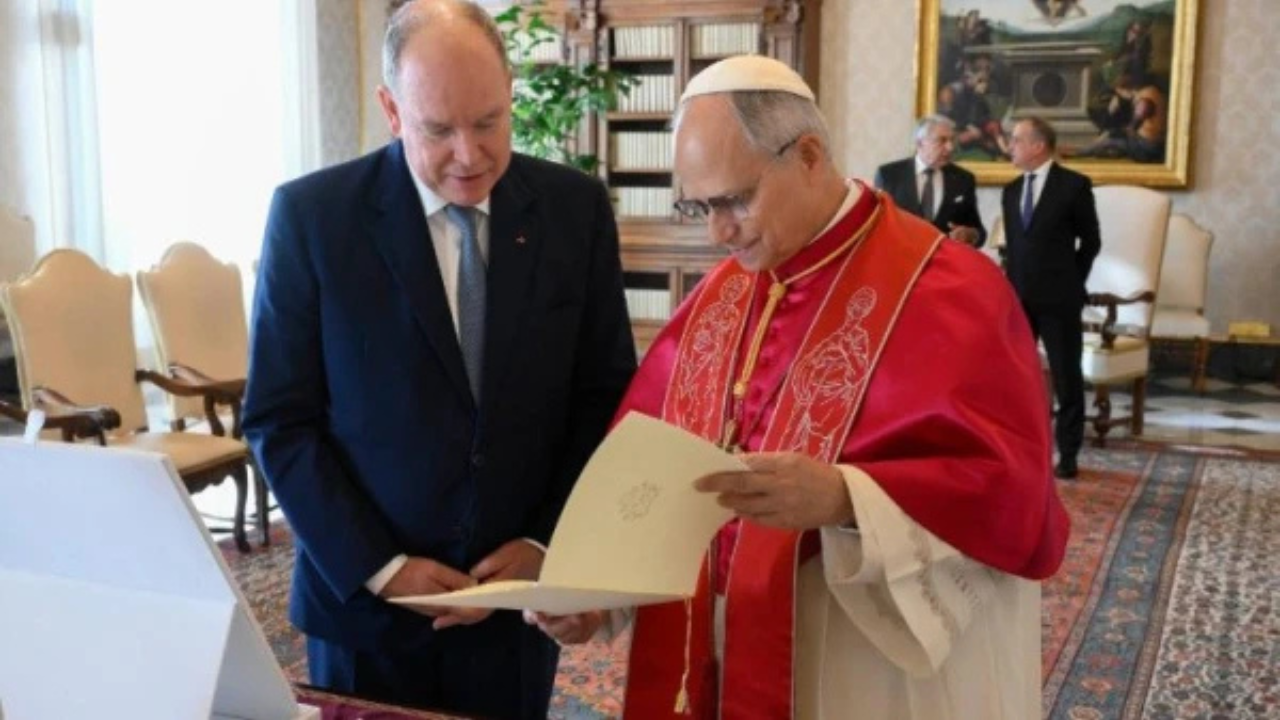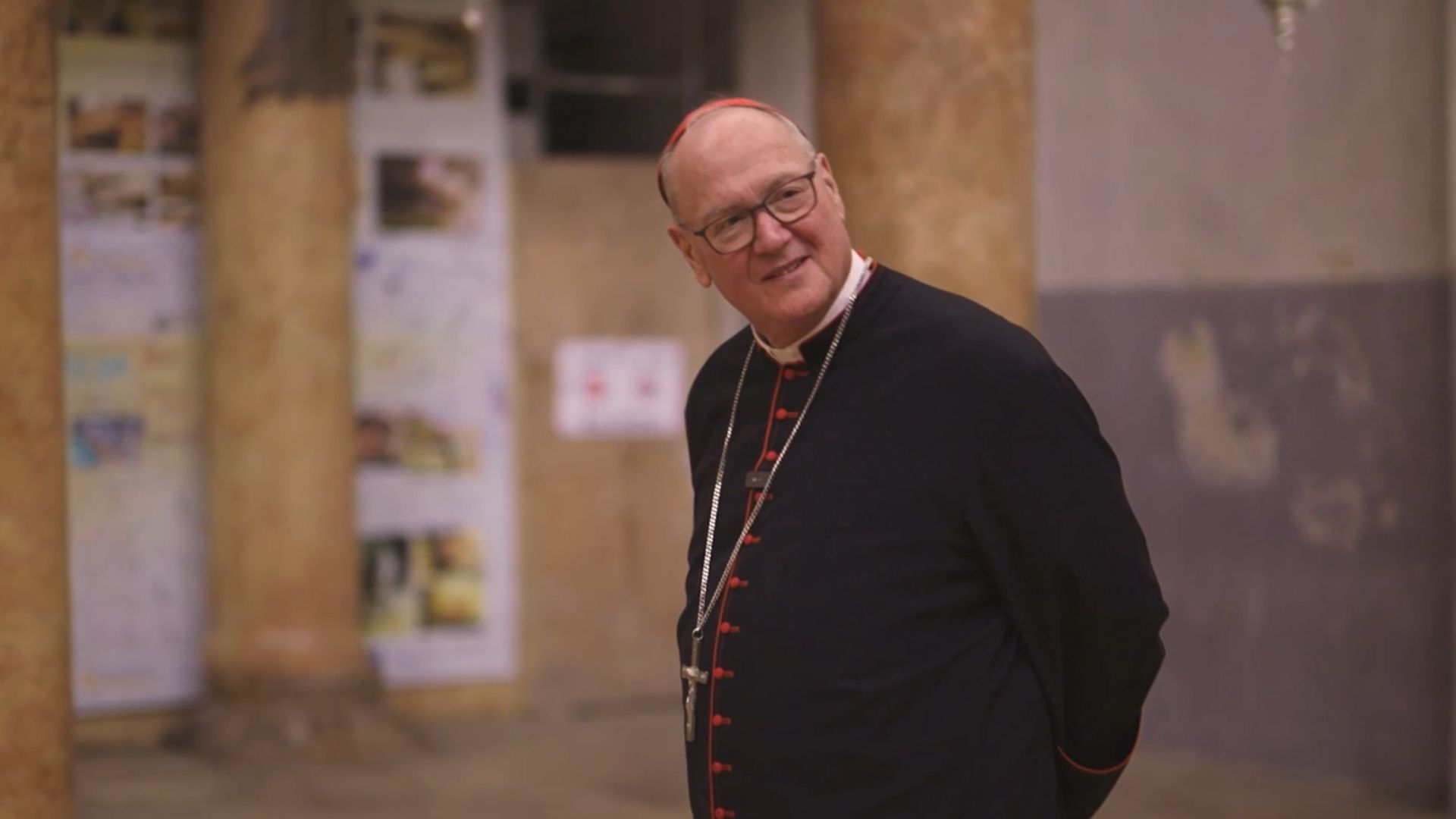“Latin is a language as dead as dead can be.
First it killed the Romans. Now it's killing me!”
That was what we boys would chant at the start of every Latin class at my Catholic high
school. We were convinced that studying conjugations and declinations was not only
boring, but pointless.
How often were we likely to have a conversation with an Ancient Roman?
And then I ended up in Rome. Working for the Vatican. And, suddenly, knowing Latin
became very important. Because the Church still uses Latin as the definitive version for its
most important documents. You can't mess with a Latin text: every word means exactly
what it says. There's no room for interpretation.
That's why the popes still use Latin when they write their encyclicals and exhortations –
like the one just published by Pope Leo XIV, the first of his pontificate, entitled “Dilexi te”.
But what does that mean? And why would he choose that title?
“Dilexi te” means, literally, “I have loved you” and echoes the title of Pope Francis' last
encyclical letter, “Dilexit nos”, meaning “He has loved us”. The reference is to the words of
Jesus quoted in the Book of Revelations and the key to both documents is God's love for
the most vulnerable.
Equally important is that Pope's Leo's exhortation (meaning a teaching document that
“exhorts” us to take action), completes the one that Pope Francis began before he died.
No one can beat the Catholic Church when it comes to symbolism. The fact Pope Leo
signed his first Apostolic Exhortation on October 4 th , the Feast of St Francis of Assisi,
already hints at its contents: that care for the poor and marginalised is integral to our faith.
Just like St Francis and his papal predecessor of the same name, Pope Leo challenges us
to speak out against the injustice, inequality and indifference – whether it be economic,
political, social or ideological - that keeps poor people poor.
The Pope describes the Church as a Mother who accompanies us, building bridges,
translating the Gospel message of love into concrete gestures of closeness and welcome.
He reminds us that Jesus identified himself with the poor. Which is why we are called to
see Him in all those who are poor in our world today – and “exhorted” to act accordingly.
That's a message you don't need to know Latin in order to understand.
